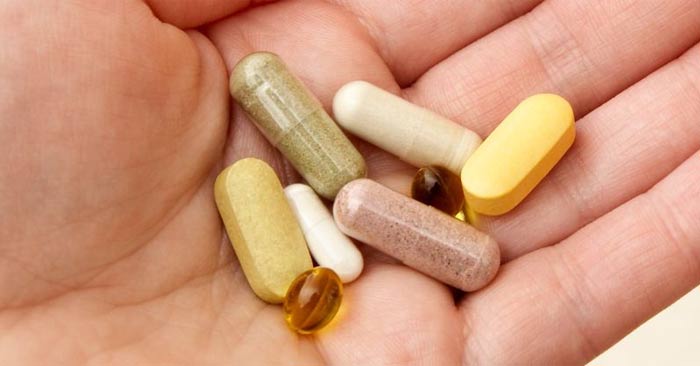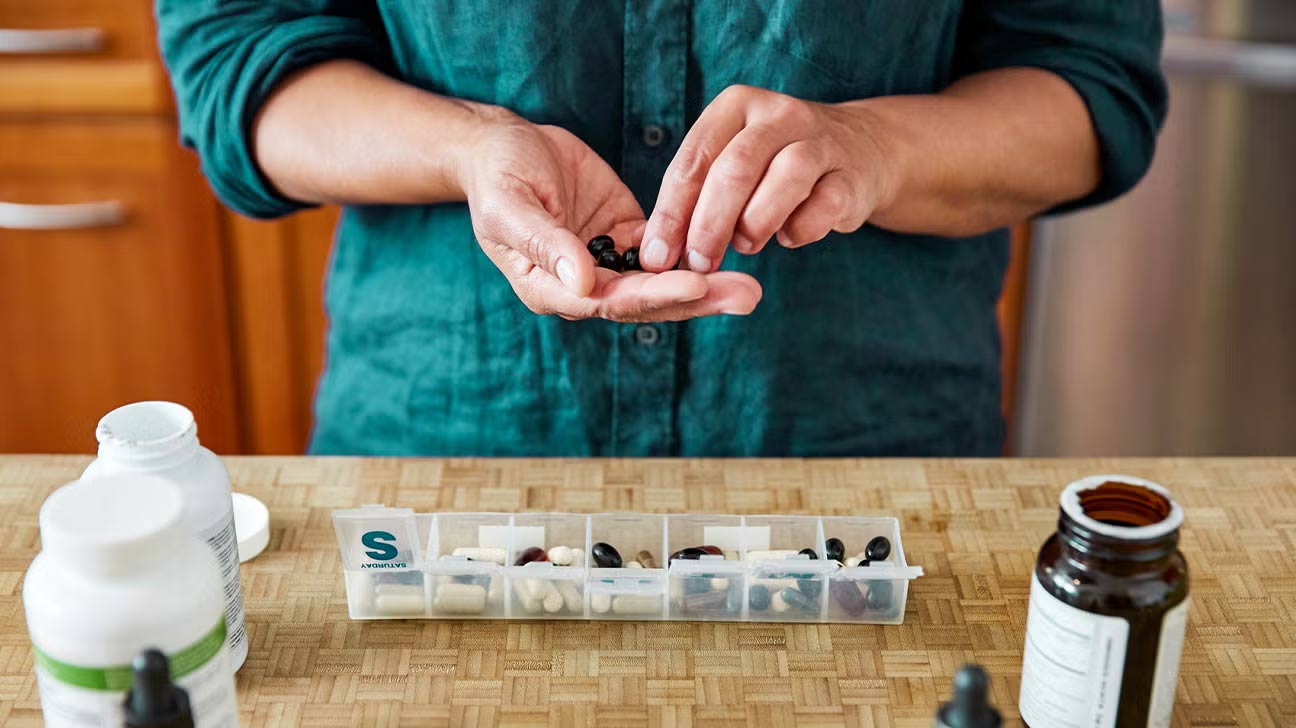Things to know before buying dietary supplements
From collagen powders to immune-boosting gummies, supplements are everywhere – on social media, on supermarket shelves and stacked in bathroom cabinets. Promising better sleep, radiant skin, sharper focus or even a longer life, they are touted as quick fixes to modern health problems.

But whether supplements are worth the money – and the answer from the experts is: it depends. As a smart consumer, you should not believe every advertisement.
While some supplements can be important in certain situations, they are often misunderstood and even over-promoted. However, many people are unaware of the risks, limitations, and marketing gimmicks behind the labels. Here's what consumers need to know before buying supplements :
Start with food, not supplements.
If it's possible to get a nutrient from your diet, then it's almost always a better option. The UK Food Standards Agency defines a food supplement as a product " intended to correct a nutritional deficiency, maintain levels of a particular nutrient or support specific physiological functions ".
In other words, supplements are meant to support your diet, not replace real food.
Whole foods provide more than individual nutrients. For example, fatty fish like salmon provide not only omega-3 fats but also protein, vitamin D, selenium, and other beneficial compounds. These interact in ways that we don't yet fully understand, and their combined effects are difficult, if not impossible, to replicate in supplement form.
Scientists have tried to isolate the 'active ingredients' in fruits and vegetables to replicate their benefits in pill form, but without success. These benefits appear to come from whole foods, not one compound.
However, there are situations where supplementation is necessary. For example, folic acid is recommended before and during pregnancy to reduce the risk of neural tube defects in the fetus. Vitamin D is recommended during the winter months when sunlight is limited. People following a vegan diet may need vitamin B12, as it is mainly found in animal products.

You may not realize you are taking an overdose.
It's much easier to overdose on supplements than it is to overdose on food. In the short term, this can lead to side effects like nausea or diarrhea. But long-term abuse can have serious consequences.
Many people take supplements for years without knowing whether they need them or how much is too much. Fat-soluble vitamins like A, D, E, and K are stored in the body rather than excreted.
For example, too much vitamin D can lead to calcium buildup, which can harm the kidneys and heart and weaken bones. High doses of vitamin A can cause liver damage, birth defects, and reduced bone density.
Even water-soluble vitamins can cause problems, with long-term overuse of vitamin B6 linked to nerve damage.
Because most people don't regularly check their blood nutrient levels, they often don't realize something is wrong until symptoms appear.
Don't trust advice on social media
Spend just a few minutes online and you'll likely see supplements advertised as "immune boosting," "natural," or "detoxifying ." These words may sound convincing, but they have no scientific definition and are simply marketing terms.
The Food Standards Agency (FSA) clearly states that dietary supplements are ' not medicines ' and ' cannot exert any pharmacological, immunological or metabolic effects '. However, many claims online suggest otherwise. This type of marketing, sometimes referred to as ' health-whitening ', creates the impression that dietary supplements have powers that they do not.
Dietary supplements are not subject to the same testing and regulation as drugs. This means they can be poorly formulated, dosed incorrectly, or mislabeled.
The Advertising Standards Authority (ASA) has rules on how health claims can be made, including on social media. However, enforcement is difficult, especially with celebrity marketing and affiliate marketing schemes. Multi-level marketing (MLM) schemes add to the complexity.
Sellers, often without medical or scientific training, promote their products with personal anecdotes rather than evidence. While the ASA provides specific guidelines on how multi-level marketing (MLM) companies can promote dietary supplements, these regulations are often ignored, rarely enforced, and often slip through legal loopholes, meaning some truly astonishing claims are made.
The supplement industry focuses more on sales than science.
The global dietary supplement market is worth over £100 billion. Like any large industry, its goal is growth and profit. This influences how products are developed and marketed.
If a supplement is really effective, it will be recommended by doctors, not influencers. Some supplements are backed by evidence, but they are often the ones that get less attention, like iron or vitamin D.
Many others are advertised with claims that are far from research-based, often spread by people with no formal training in nutrition or health care.

Some supplements are not safe for everyone.
Being available over-the-counter does not mean a supplement is safe. Even products labeled "natural " can interact with medications or cause harm.
For example, vitamin K can interact with blood thinners like warfarin. High doses of iron can cause digestive problems and affect the absorption of certain antibiotics.
Many supplements have not been tested for safety in pregnant women. Others, such as high doses of vitamin A, are known to be harmful during pregnancy and can pass into breast milk. If you are pregnant, breastfeeding, taking medication, or managing a medical condition, talk to your pharmacist, doctor, or dietitian before starting a new supplement.
Supplements can help with specific health needs, but they are not a panacea. Before you spend money on a product that makes big promises, ask yourself: do you really need it, or is it better to spend your money on a nutritional supplement?